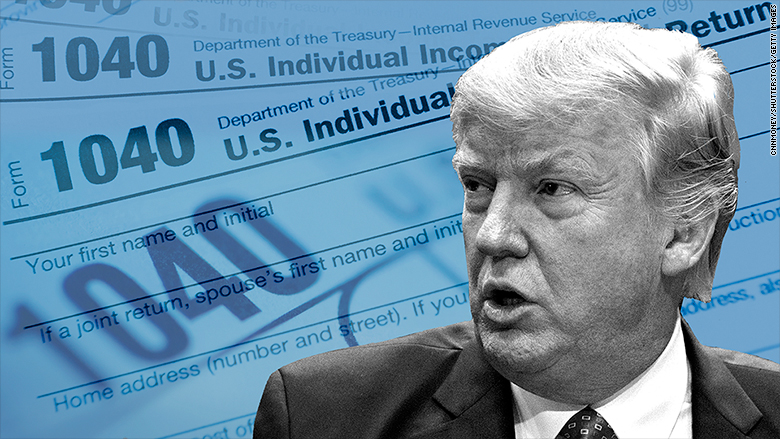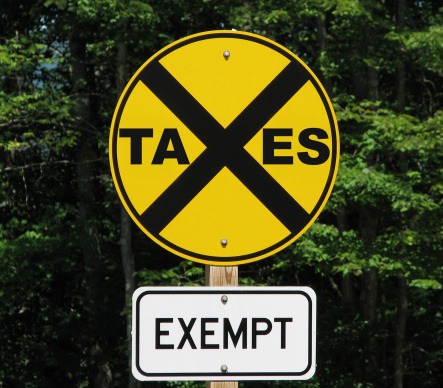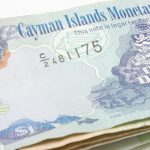President Trump’s Tax Plan and Expats
You’ll find a lot of partisan bickering on the web about President Trump’s tax plan. Here’s my effort to give you the facts and just the facts (a la Joe Friday of Dragnet) on how President Trump’s tax plan affects expats and Americans living abroad.
Keep in mind that this article is focused on US citizens living and working abroad. US persons who qualify for the Foreign Earned Income Exclusion in 2018. I’ll leave State tax issues and changes to the code that don’t affect expats to others.
You’ll find that Trump’s tax plan made some cuts around the margins, but didn’t include expats in the corporate tax changes. Sure, we get the 2 to 4% reduction all Americans get, but we’re not affected by changes that will save multinationals billions.
Historically, US corporations have been taxed on their worldwide income. Double tax was eliminated with the Foreign Tax Credit and they could retain earnings offshore tax-deferred. But, when earnings were repatriated, they’d be taxed at ordinary rates.
President Trump changed all of this for big corporations. He moved corporations from a worldwide tax system to a residency-based tax system (also referred to as a territorial tax system). Businesses will pay US tax on their US sourced income and zero US tax on their foreign sourced profits. Trump also closed billion-dollar loopholes like the ability to move US source income offshore with payments for intellectual property.
We had hoped that American expats would get the same benefits. That individuals would move from a worldwide tax system to a residency based system. That we would pay US tax on US income and no tax on foreign sourced gains.
This didn’t happen. American citizens living abroad are still taxed on our worldwide income. I guess we expats weren’t a large enough voting block or that we didn’t donate as much to the campaigns as the multinational corporations.
As a result, we still must look to the Foreign Earned Income Exclusion and the Foreign Tax Credit to keep Uncle Sam away from our ordinary income (wages or business income). The FEIE for 2018 increased to $104,100, up from from $102,100 in 2017. The FEIE amount for 2016 was $101,300, 2015 was $100,800, and 2014 was $99,200.
This increase is based on the annual inflation adjustment for 2017 which applies to more than 50 provisions in the US tax code. For all the details see IRS Rev. Proc. 2017-58. It does not come from Trump’s tax plan.
One aspect of Trump’s move to a residency based system affecting the FEIE is a focus on residency. That is to say, the IRS seems to be moving away from the 330-day test and towards the residency test.
The IRS has figured out that auditing expats who are using the 330-day test to qualify for the Foreign Earned Income Exclusion is very profitable. Thus, they’re putting a lot of resources into targeting this group.
As a result, I’m telling my clients to convert to the residency test and conform with how the IRS now views corporations. Become a resident of a low tax country, making that your home base, and stop using the 330-day test to qualify for the Exclusion.
From the IRS’s perspective, you can be a resident of any country you like and qualify for the Exclusion. So long as it’s your home base, where you plan to live for the foreseeable future, and you where have a residency visa, you’ll qualify for the FEIE using the residency test.
The last of those criteria, getting a residency visa, is usually the most challenging. In my experience, the easiest country to get legal residency in is Panama. Simply invest $20,000 in Panama’s Friendly Nations Reforestation Visa and you’re in.
Where most countries require you to buy real estate or invest a large amount of money to start a business, Panama allows you to invest a relatively low amount in their green initiative and receive residency. For more, see Best Panama Residency by Investment Program.
Most expats shield the majority of their ordinary income from the IRS using the FEIE or the Foreign Tax Credit. Thus, the fact that Trump lowered personal tax rates by 2% to 4% makes little difference. You don’t pay US tax on your ordinary income anyway. And, if you do, you should be operating your business through an offshore corporation.
What does affect most expats is US tax on capital gains. This rate remains unchanged at 20% (assuming the Obamacare tax is repealed). As a result, US citizens pay US tax on all capital gains, no matter where they live and no matter where the property or asset is located. If a US citizen living in Belize sells real estate in Belize, he or she will owe 20% on long-term capital gains tax to Uncle Sam.
- Side note, you can now buy real estate in Belize using Bitcoin.
What will help expats is that the standard deduction doubled under Trump’s tax plan. A single filer’s deduction increases from $6,350 to $12,000. The deduction for Married and Joint Filers increases from $12,700 to $24,000.
The vast majority of US expats will save big on their US taxes because of this change. We expats rarely have a mortgage on our international properties. Therefore, we don’t deduct mortgage interest on Schedule A and thus don’t itemize. An increase in the standard deduction will go directly to our bottom line in a dollar for dollar decrease in US tax on our capital gains.
This tax break is balanced against the loss of the personal exemption. You can no longer deduct $4,150 for each dependent. As a result, expats with large families will see an increase in tax, even considering the increase in the standard deduction.
A change that affects new expats is the loss of the moving expense deduction. When you move abroad for work, you can generally deduct all moving expenses. For most expats, this amounts to thousands of dollars in the year they leave the United States.
I hope you’ve found this article helpful. The most important takeaway for most expats using the Foreign Earned Income Exclusion is that you should spend 2018 working toward the residency test. Whether you chose Panama, Belize, Nicaragua, or elsewhere, you need to get started as soon as possible.












Leave a Reply
Want to join the discussion?Feel free to contribute!